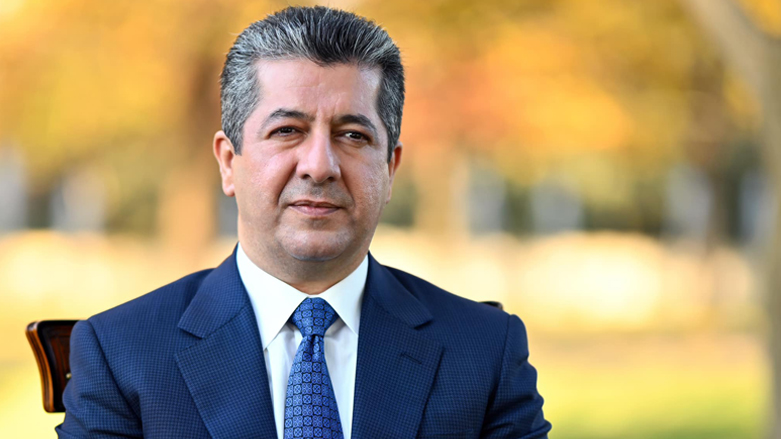Developing agriculture is Kurdistan’s ‘secret of success’, says PM Barzani

ERBIL (Kurdistan 24) – The secret behind the Kurdistan Region’s success would be developing its agricultural sector, Prime Minister Masrour Barzani has recently said on the importance of the field to the Kurdish economy.
In a 12-minute-long video, Barzani mainly highlighted the significance of enhancing the Region’s “underdeveloped” agricultural sector to further strengthen its economy and diversify its revenues.
“I believe Kurdistan’s secret of success is in developing its agricultural sector,” Barzani said in the video, published early on Tuesday after the first batch of the Region’s pomegranates was exported to the United Arab Emirates (UAE) and other Gulf countries.
The first shipment of the “very delicious pomegranates” was a “pilot project”, which is set to be followed by exporting other fruits, such as figs and grapes in the future, he said.
Describing as the "main foundation" of any strong economy, the agricultural sector development would have a profound effect on other fields, including trade, industry, and job creation, Barzani said.
Packaging, transportation, and cold storage are a few businesses that would spring up with further development of Kurdish agriculture, the premier explained.
He expressed his government's support for both domestic and foreign investors to participate in the development of the sector, which could guarantee the Region's food security.
Through agriculture, the Kurdish region can play an effective role in both Iraq and the Middle East, in which there are countries whose lands might be infertile.
"Kurdistan Region could become Iraq's food basket," he said.
One day, the main source of the Kurdish economy, the sale of hydrocarbons, might end, the premier said, adding "it is been a mistake" that the agricultural sector had not been developed earlier.
At the beginning of the video, Barzani is seen watching the footage, in which a number of Kurdish farmers threw away their produce in previous years, to show their discontent with the lack of a market for their fruits and vegetables. "I was very saddened," he said.
The former Iraqi regime's destruction of Kurdish villages and displacement of their populations into camps coupled with a "central policy" that pushed the farmers from their lands, all negatively affected the agricultural sector.